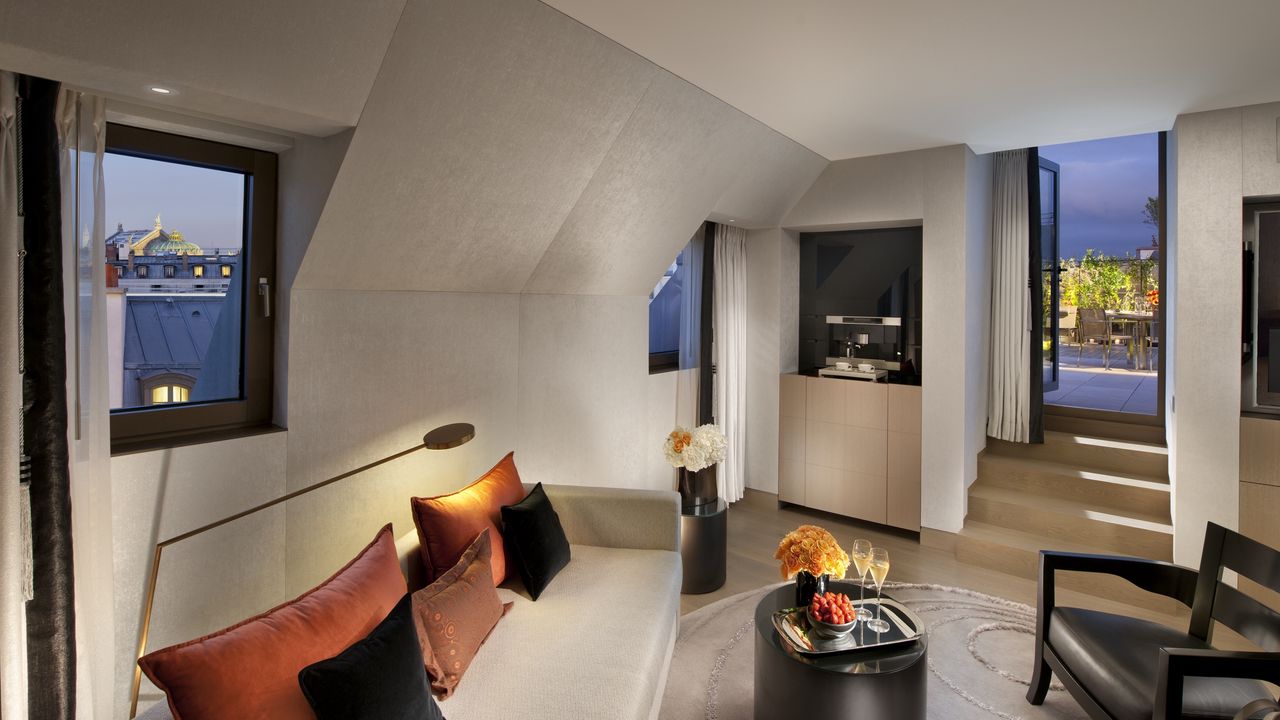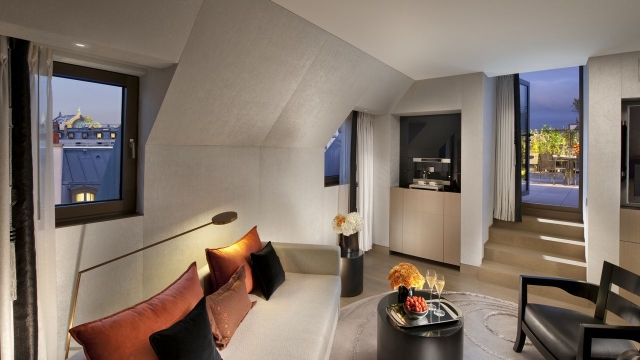
Home furnishing is an essential aspect of creating a harmonious living environment that reflects your style and personality. It encompasses everything from selecting the right furniture pieces to choosing complementary decor and accessories that breathe life into your home. Whether you are revamping a single room or transforming your entire space, understanding the art of home furnishing can significantly elevate the ambiance and functionality of your home.
In our fast-paced lives, our homes should serve as a sanctuary, a place where we feel comfortable and inspired. Thoughtful home furnishing can turn any space into a haven of relaxation and creativity. By carefully considering each element, you can curate an atmosphere that speaks to your tastes and meets your practical needs. Let’s explore the fundamental principles of home furnishing and discover how to transform your space into a reflection of who you are.
Understanding Your Style
Identifying your personal style is the first step in home furnishing. Take time to analyze the aesthetics that resonate with you. Consider your preferences in color schemes, materials, and overall vibe. Are you drawn to modern minimalism, or do you prefer the warmth of rustic charm? Knowing what styles appeal to you will guide your decisions and create a harmonious environment that reflects your personality.
Once you have a clearer image of your tastes, explore different sources of inspiration. Pinterest, design magazines, and home decor blogs are excellent places to discover new ideas. Create a mood board with images that speak to you. This visual representation will help you articulate your style and serve as a reference when making furnishing choices. It is essential to remain open-minded while gathering these inspirations.
Finally, remember that your style can evolve over time. Family life, travels, and changing interests may influence your design preferences. Don’t hesitate to mix various styles that reflect different aspects of your life. Combining elements can result in a unique space that tells your story. Embrace this journey and allow your home furnishings to evolve with you.
Essential Furniture Pieces
Every well-furnished home begins with a selection of essential furniture pieces that serve both function and style. A comfortable sofa is often the focal point of a living room, setting the tone for the entire space. It invites relaxation and socializing, making it crucial for both family gatherings and entertaining guests. When choosing a sofa, consider the size, shape, and upholstery that best fits your decor and lifestyle needs, as it can significantly affect the room’s atmosphere.
In addition to a sofa, a dining table is another cornerstone of home furnishing. This piece is where family meals, game nights, and conversations happen, creating lasting memories. Selecting the right dining table involves considering the size of your dining area, the number of people you typically host, and your design preferences. Whether you opt for a sleek modern design or a rustic farmhouse table, ensure it complements the overall theme of your home.
Finally, storage solutions such as cabinets, shelves, and dressers are essential for maintaining an organized and clutter-free space. These furniture pieces not only provide practical storage but also contribute to the aesthetic appeal of a room. When choosing storage solutions, think about the balance between functionality and style. Opt for pieces that enhance your decor while keeping your belongings neatly stored away, creating a harmonious environment throughout your home.
Color and Material Choices
When it comes to home furnishing, color and material choices play a vital role in setting the mood and personality of your space. The colors you select can evoke various emotions and influence how a room feels. Warm colors such as reds and yellows can create a cozy and inviting atmosphere, while cooler tones like blues and greens tend to promote calmness and relaxation. It is important to consider the purpose of each room when choosing colors, as they can significantly impact how you and your guests perceive the space.
Materials are equally important in home furnishing, as they contribute to not only the aesthetics but also the functionality and durability of your furniture. Natural materials such as wood, stone, and cotton often bring warmth and texture to a space, while synthetic materials can offer modern appeal and ease of maintenance. Choosing the right materials can enhance both comfort and style, making it essential to think about how they complement your overall design and lifestyle needs.
Get A Quote
Combining color and material effectively is an art in itself. For a harmonious look, aim for a cohesive palette that ties your furnishings together. You might choose a neutral base color for larger items like sofas and walls, then introduce bolder colors through throw pillows, artwork, or decorative accents. Similarly, mixing materials can add depth and interest, such as pairing a sleek metal lamp with a rustic wooden table. Thoughtful combinations can elevate your home furnishing choices, creating a visually striking and comfortable living environment.
Layout and Space Optimization
Creating an effective layout is fundamental to optimizing your space. Start by assessing the flow of movement throughout the room. Consider how you and your guests will navigate the area and arrange furniture accordingly to create an inviting and functional environment. Position larger items, such as sofas and coffee tables, to foster conversation while ensuring that pathways remain clear and accessible.
Next, think about the scale and proportion of the furniture in relation to the room. Oversized furniture can overwhelm smaller spaces, while too many small pieces can make a room feel cluttered. Strive for a balance that allows each item to shine while also serving a functional purpose. Incorporating multi-functional furniture, such as ottomans with storage or a dining table that doubles as a workspace, can significantly enhance both aesthetics and usability.
Finally, don’t forget the importance of vertical space. Utilizing wall-mounted shelves or tall bookcases can draw the eye upward and create a sense of height in a room. By decorating walls with art or creating a gallery-style display, you can infuse character into your space without sacrificing floor area. Thoughtful layout and effective use of space will transform your home into an inviting haven that reflects your personal style.





